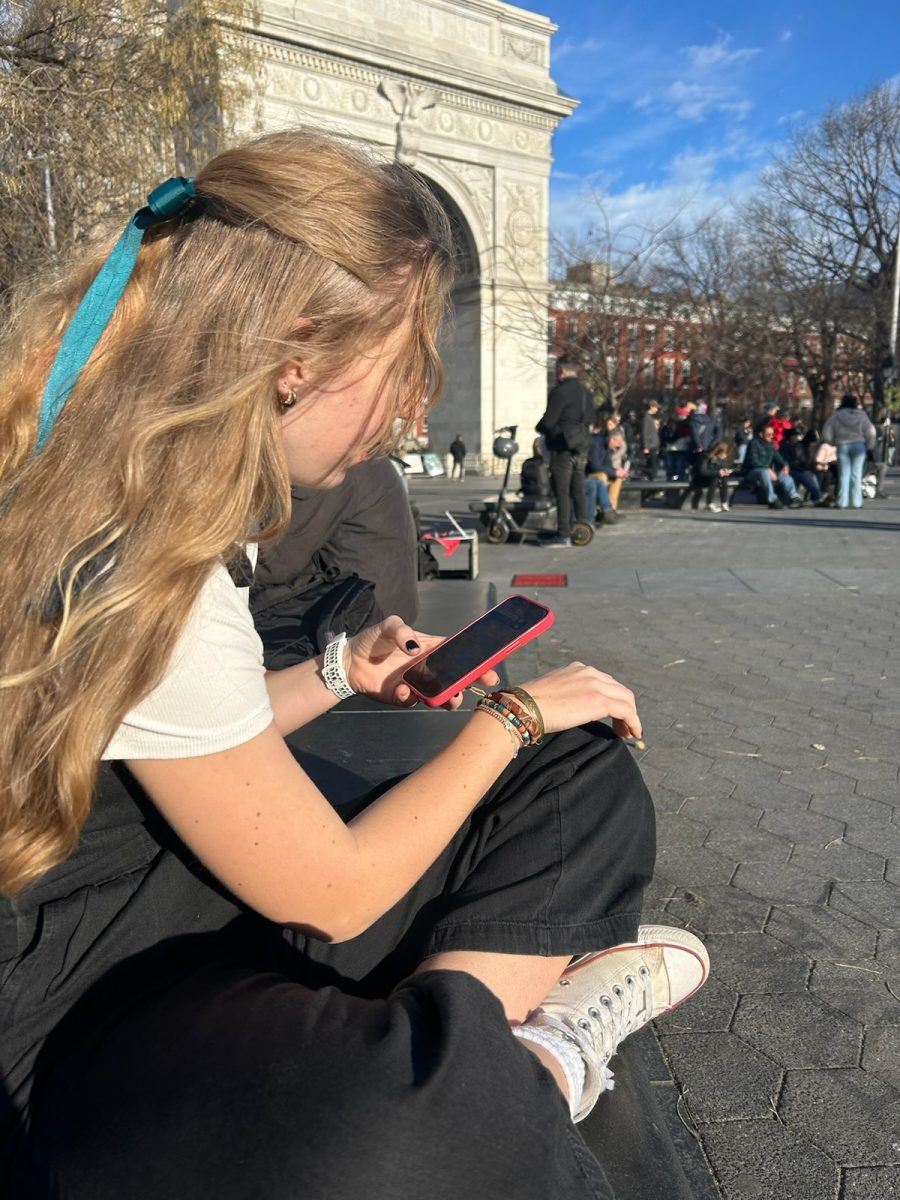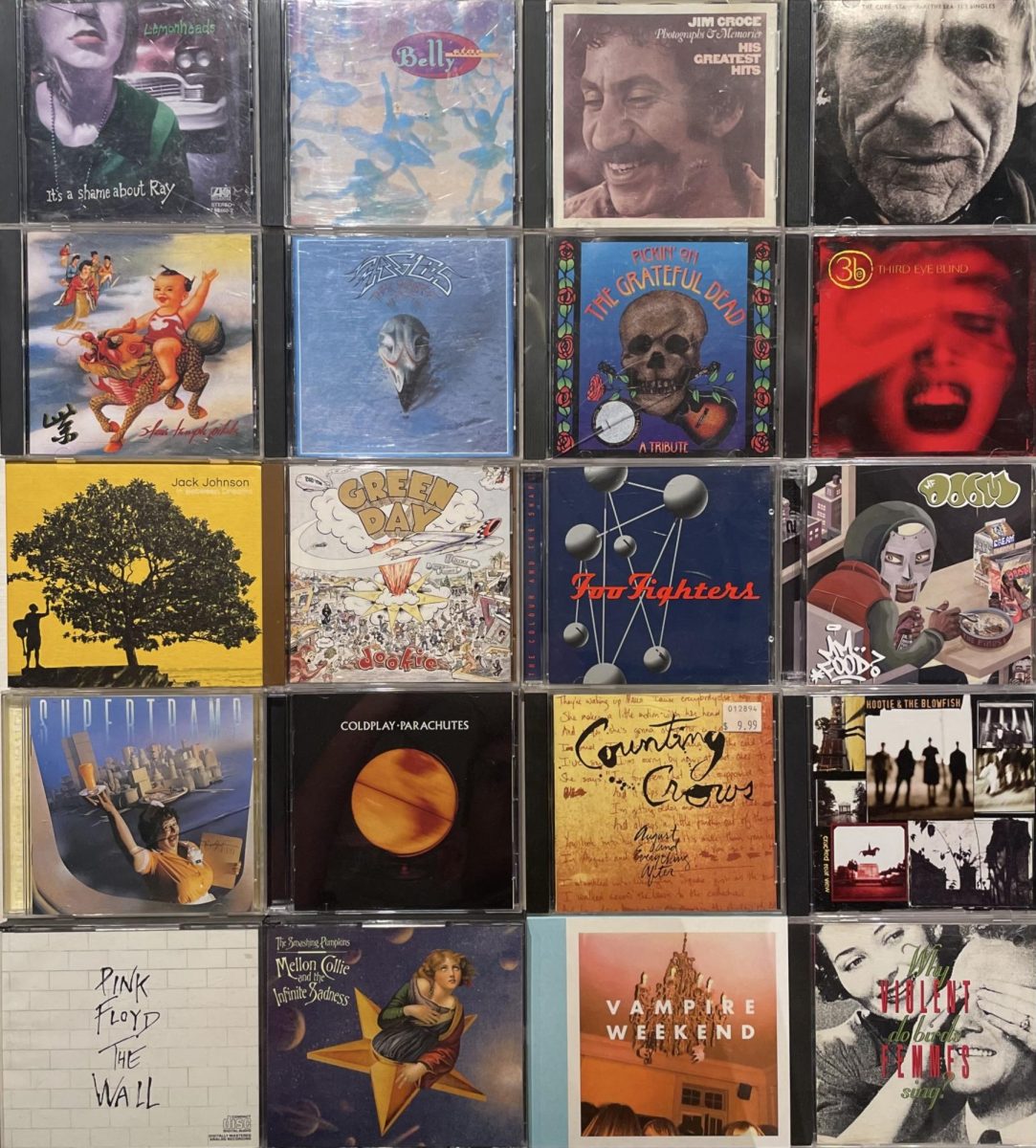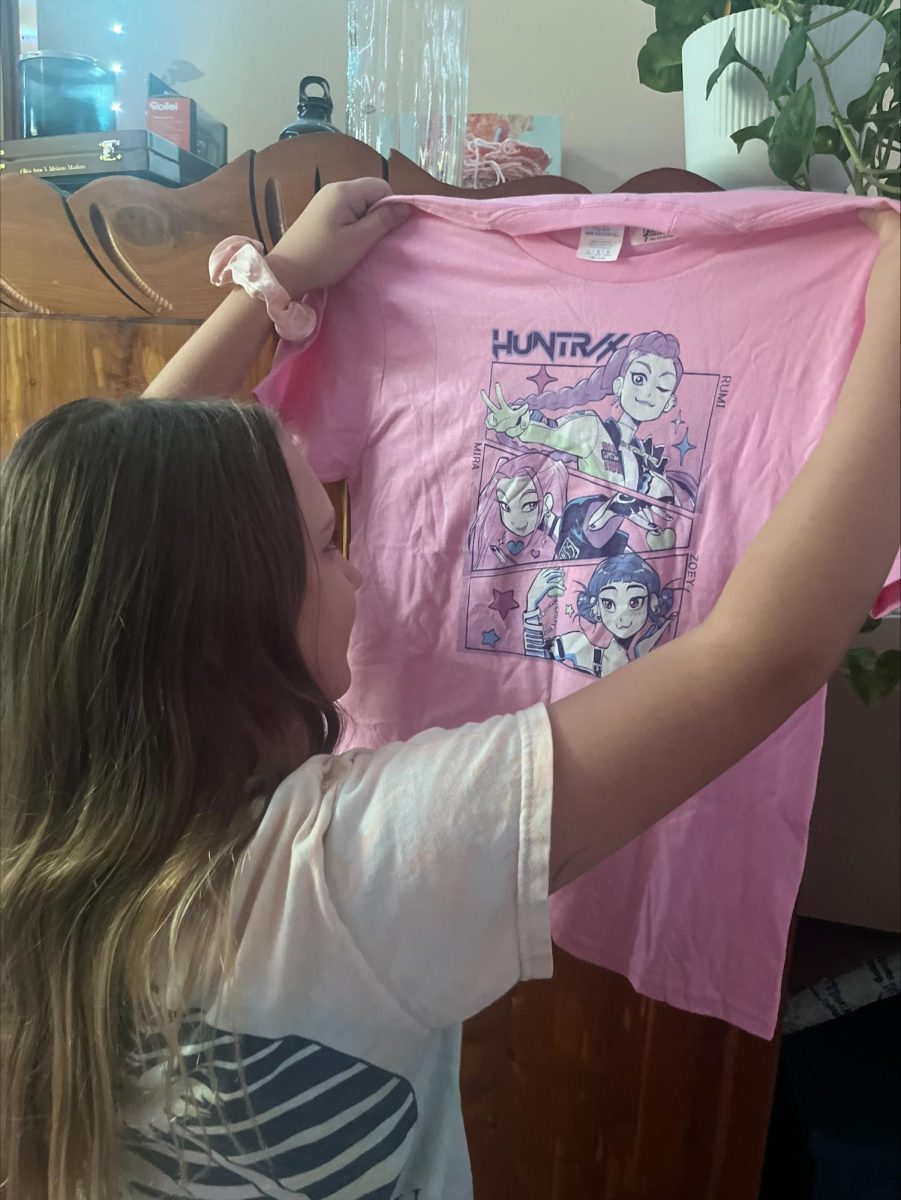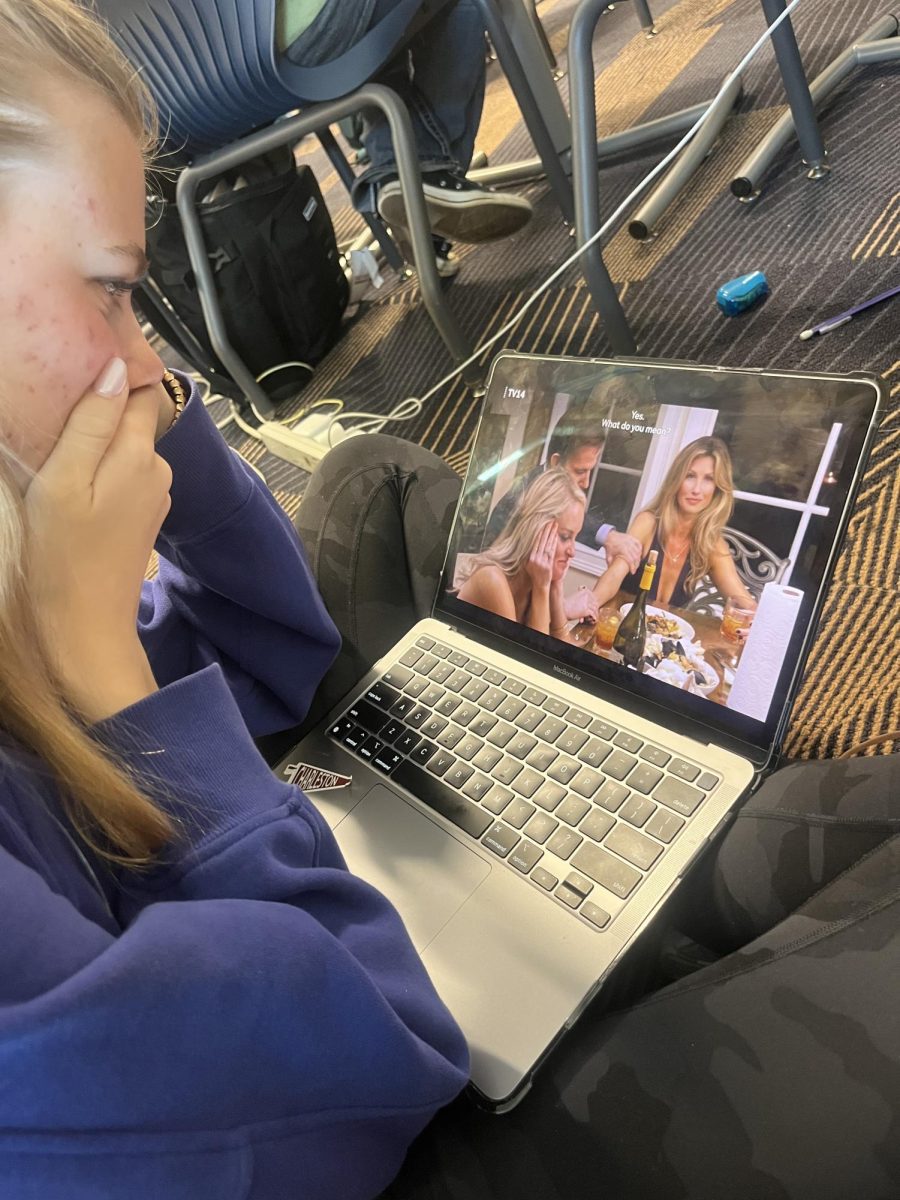In a world of smartphones, social media and constant communication, it can be hard to know what is real and what is fake. In recent years, apps like TikTok, Instagram and Facebook have spread information farther than ever before. While social media is a great tool for staying informed and connecting with friends, is the information presented always factual?
Social media has been used worldwide since the early 2000s, but its use has skyrocketed in recent years. With this boom in online presence, people across the globe can stay connected and informed. Messaging apps like WhatsApp and Facebook Messenger allow family and friends to stay in contact and share their daily lives. Other apps like Instagram and Snapchat let users share pictures and videos with their followers or keep up with fun events with long-distance friends.
Saffy Evans (11) uses social media to stay connected with friends across the country. She sees pictures and videos they post, which lets her glimpse into their everyday lives while they’re apart.
“I love seeing my friends from other states’ Instagram posts. Seeing what they’re up to during the school year or the vacations they take is super fun. Social media also allows us to look back on memories of when we were together,” Evans said.
One app that has had a significant impact on the modern news landscape is TikTok. With over 1 billion users worldwide, TikTok allows users to stay updated on politics, local news or anything else they want to be informed about. With so much information out there, it’s important to watch out for false information. When scrolling or swiping, remembering that not everything seen on social media is true is crucial to staying well-informed.
According to the National Institutes of Health’s National Center for Biotechnology Information, the information on TikTok, while engaging, is not always accurate.
“Social media platforms have the power to spread credible, useful health information. However, recent research has indicated that one in five TikTok videos likely contains misinformation, and fact-checking has been found to be uncommon on social media,” the National Center for Biotechnology Information said.
However, when used carefully, social media apps can be a great way to learn about new topics. Social media also lets users share new information they’ve found, helping them connect in real life. To navigate the social media landscape effectively, it’s also important to find other sources of information, such as news outlets, teachers or trusted friends and family.
Paul Whisnant (12) believes that while social media is a source of information, it’s important to find other perspectives that challenge your own thinking.
“I think social media caters information to each person so that they only receive the most personally stirring content, usually reinforcing their opinions and beliefs. I find news outside of social media through my friends and family; they offer viewpoints I disagree with, but I still trust them enough to look into it, which helps widen my understanding of the world,” Whisnant said.









